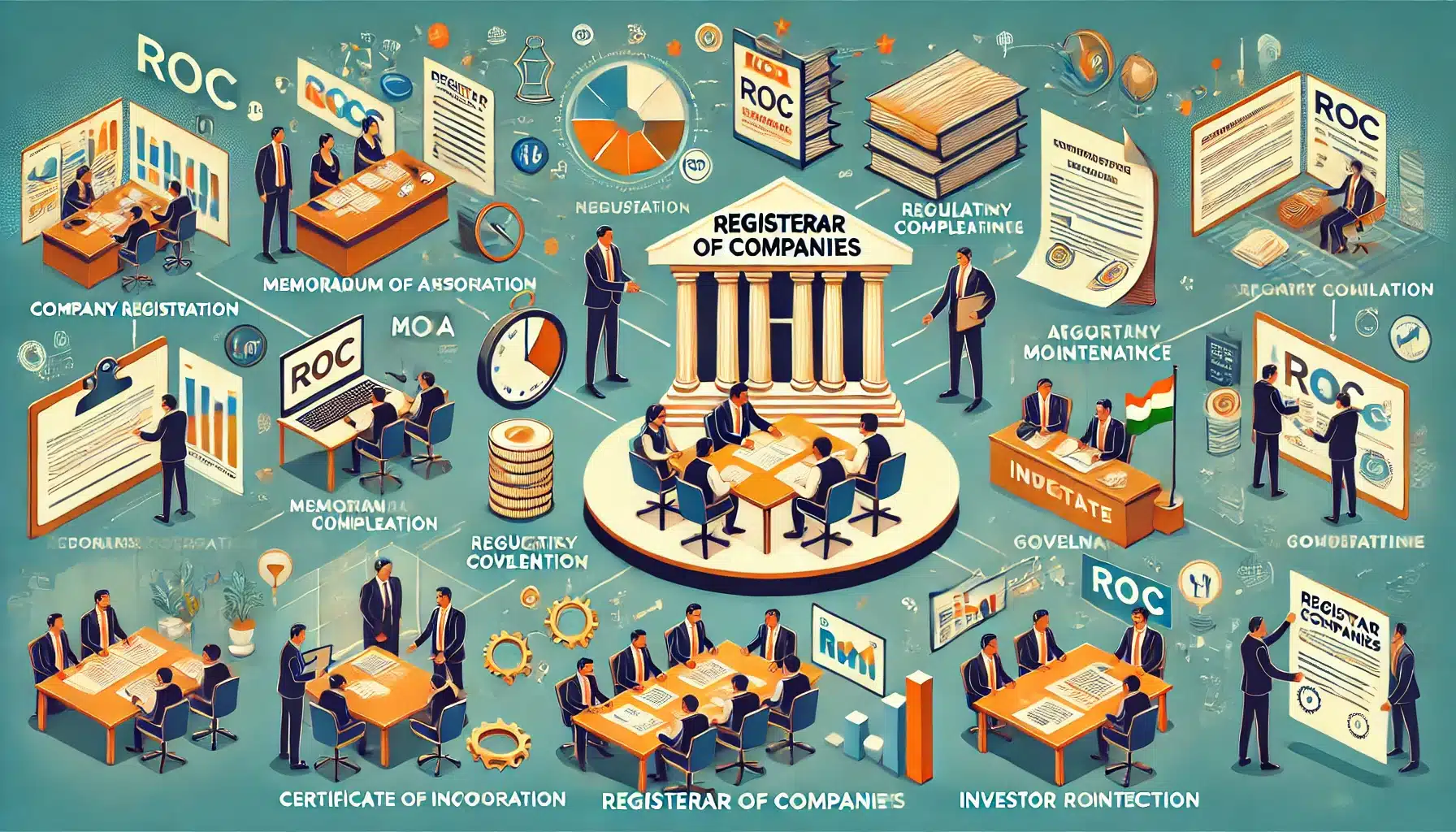
lex-o-pedia
Study Notes: Powers and functions of Registrar of Companies
The Registrar of Companies (RoC) under the Companies Act, 2013, is a government authority responsible for registering and regulating companies in India. To ensure accountability and openness in corporate governance, the RoC manages the registration of all businesses registered within its jurisdictio

lex-o-pedia
Study Notes: Powers and functions of Registrar of Companies
The Registrar of Companies (RoC) under the Companies Act, 2013, is a government authority responsible for registering and regulating companies in India. To ensure accountability and openness in corporate governance, the RoC manages the registration of all businesses registered within its jurisdictio

lex-o-pedia
Company Law: Oppression and Management: Meaning, Rights and Remedies
Shareholders and creditors are one of the most vital components of a company and so company will be working efficiently only if these people are not facing any irrelevant tensions. Whenever a company gets involved in a situation where there is oppression or mismanagement against the creditors or sha
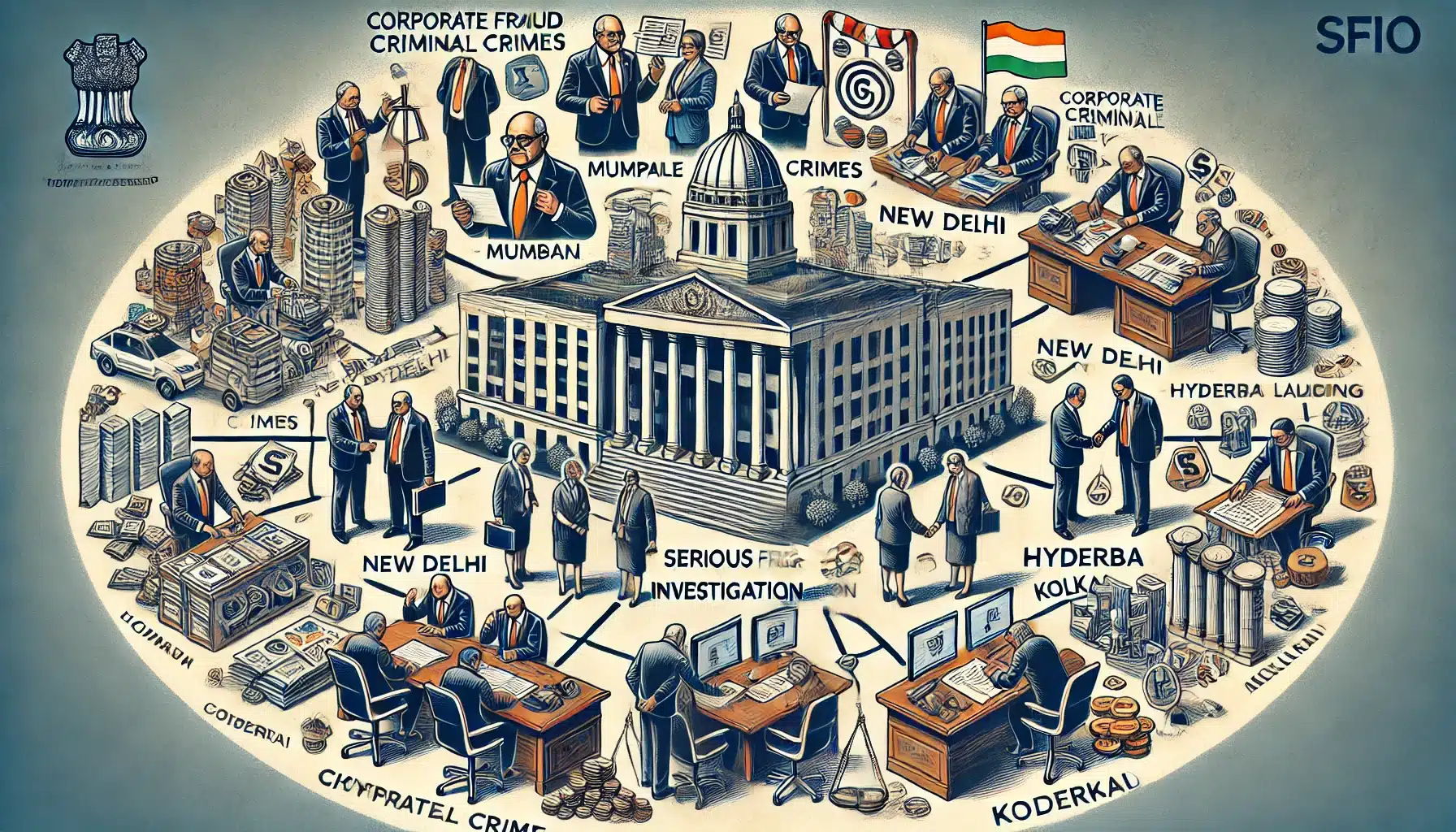
lex-o-pedia
Company Law: Serious Fraud Investigation Office
The Serious Fraud Investigation Office (SFIO) is a statutory corporate fraud investigation agency in India, under the jurisdiction of the Ministry of Corporate Affairs. It was founded in 2003 as a reaction to the rise in financial fraud cases and business frauds, including the Satyam affair. The SFI
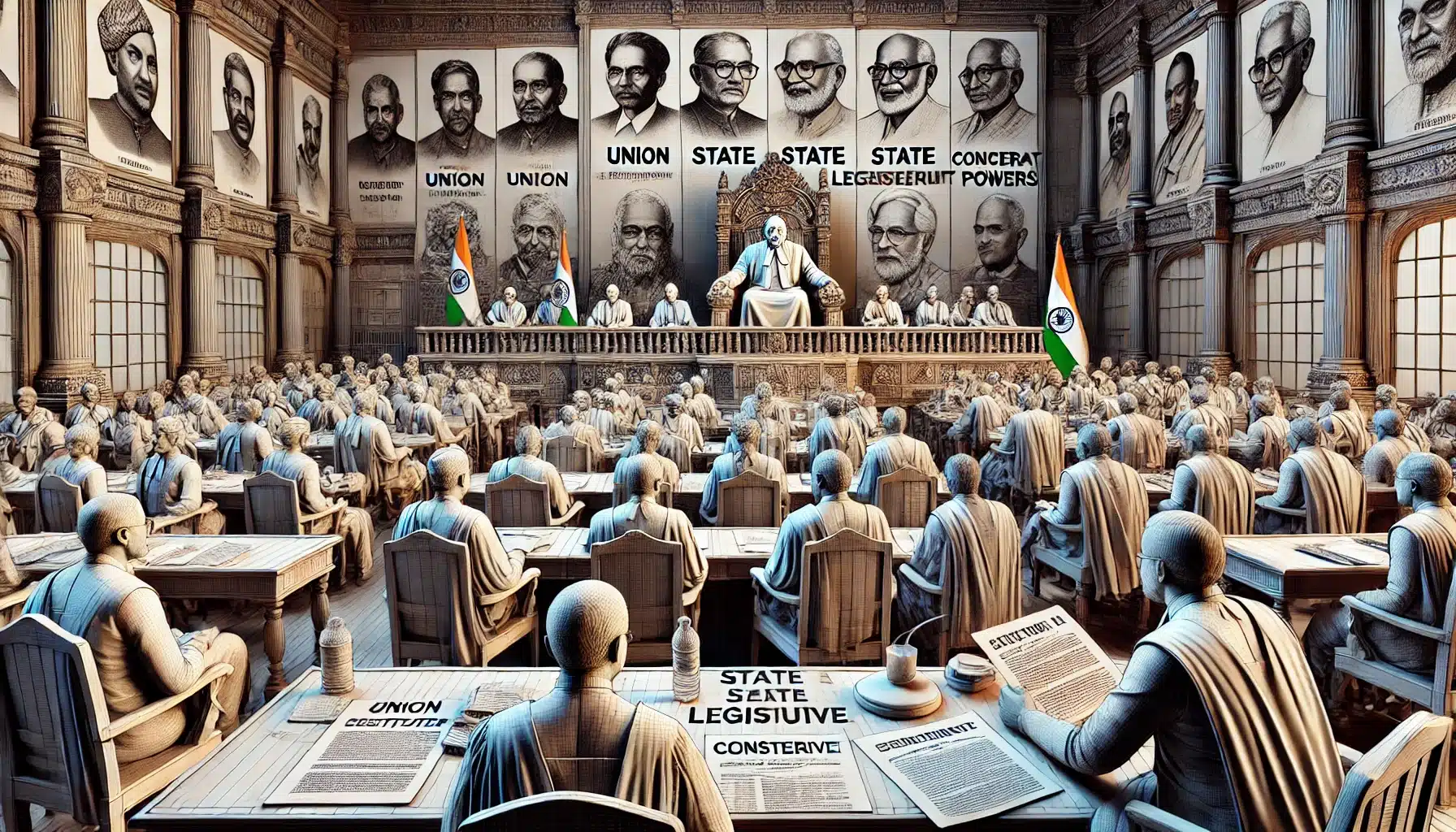
lex-o-pedia
Doctrine of Territorial Nexus
Doctrine of Territorial Nexus state that laws made by a state legislature are not applicable outside that state, except when there is a sufficient nexus between the state and the object. This doctrine derives its authority from Article 245 of the Indian Constitution.
Territory or Territorial refers

lex-o-pedia
Hicklin Test
Hicklin Test states that material could be deemed obscene if it had the tendency to deprave and corrupt those whose minds were open to such immoral influences, particularly children and vulnerable individuals.
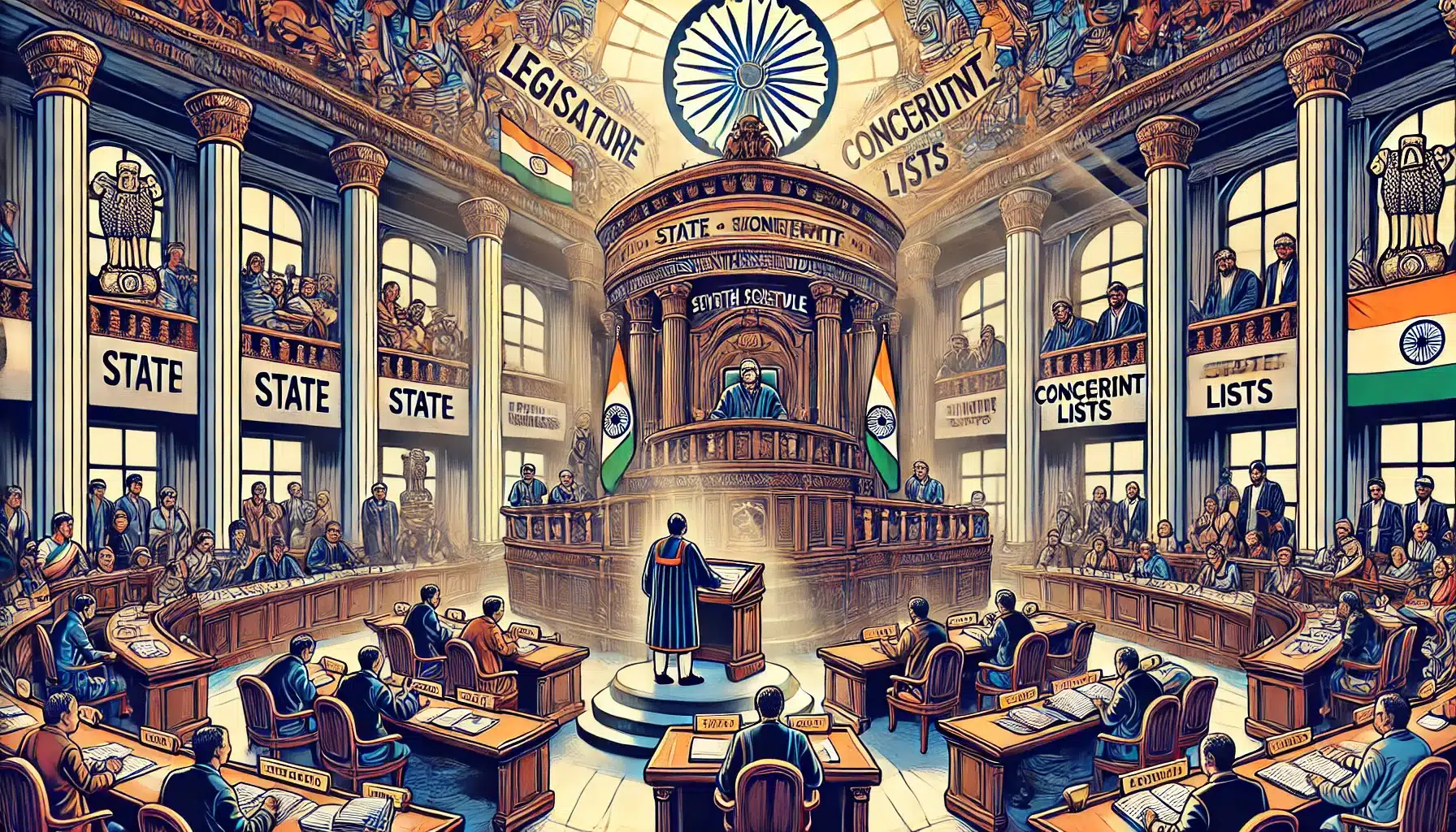
lex-o-pedia
Study Notes: Doctrine of Ancillary Legislation
The idea of incidental or ancillary powers states that if a legislative body has the ability to legislate on a certain subject, it also has the power to act on related subjects. Unless the supplementary topic is specifically identified as falling under the purview of another legislative body, if hel

lex-o-pedia
Study Notes: Computation of Net Profit of a Company (Sec 198 of the Companies Act, 2013)
The easing of controls on managerial pay and the adoption of Indian Accounting Standards (Ind AS) under Section 133 of the Companies Act, 2013, question the ongoing necessity of Section 198. This viewpoint echoes the Irani Committee’s 2005 perspective that comparable provisions in the Companies Act,

lex-o-pedia
Study Notes: Board of Directors under Companies Act, 2013
Sec 2(10) of the Companies Act, 2013 defines the term Board of Directors in relation to a company as the collective body of the directors of the company. Board of directors have power to contribute towards charitable, political or national defence fund but cannot act beyond the AoA or MoA.

lex-o-pedia
Study Notes: Corporate Social Responsibility
Corporate Social Responsibility (CSR) refers to the practices and policies undertaken by corporations to have a positive impact on society. This concept involves going beyond the legal obligations of a company to consider the effects of its activities on the environment, employees, consumers, commun
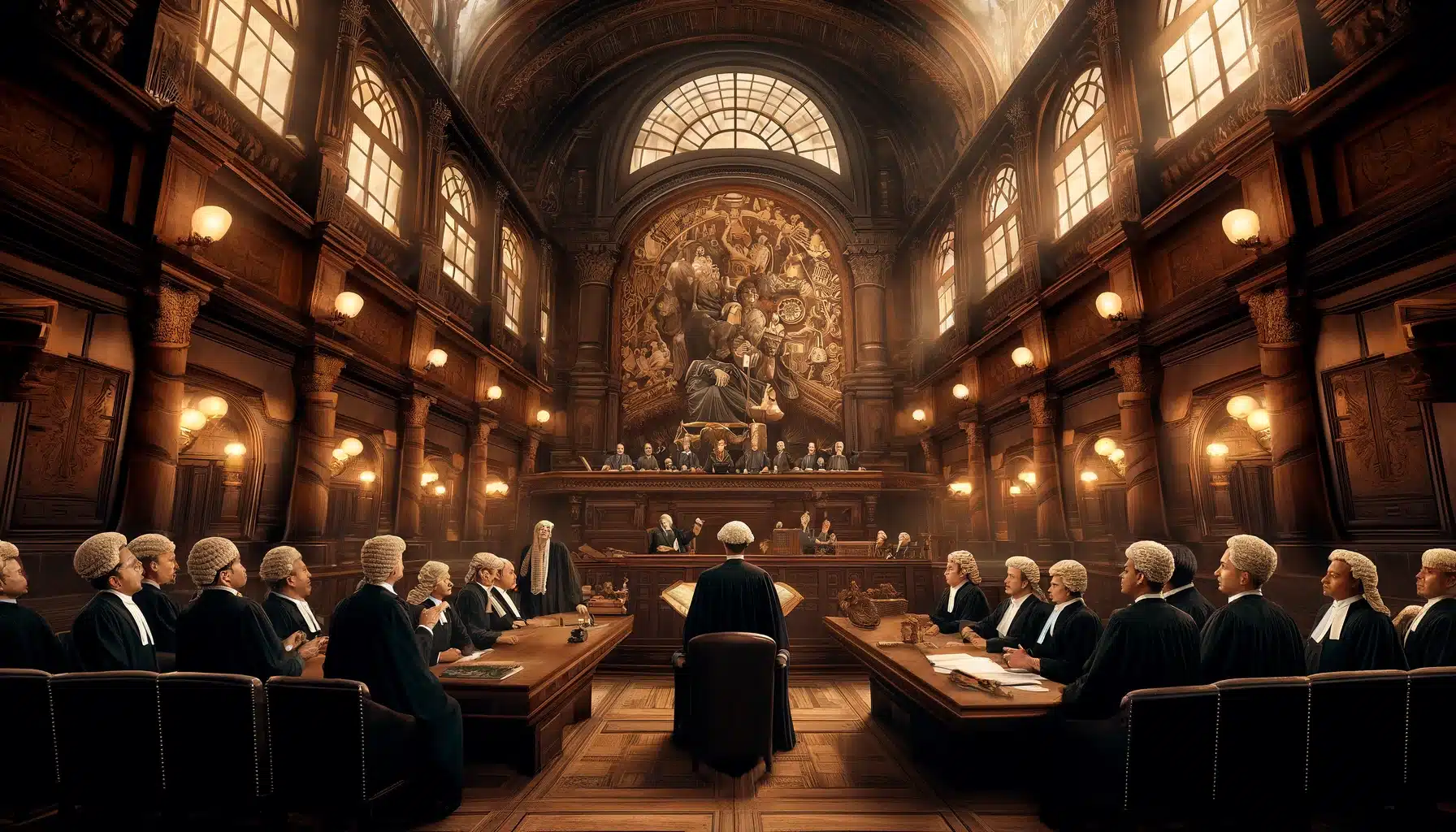
lex-o-pedia
Study Notes: Doctrine of Severability
The doctrine of severability entails that a part of pre-constitutional law or post-constitutional law can be deemed void and be severed from the rest of the operative part of the Act.
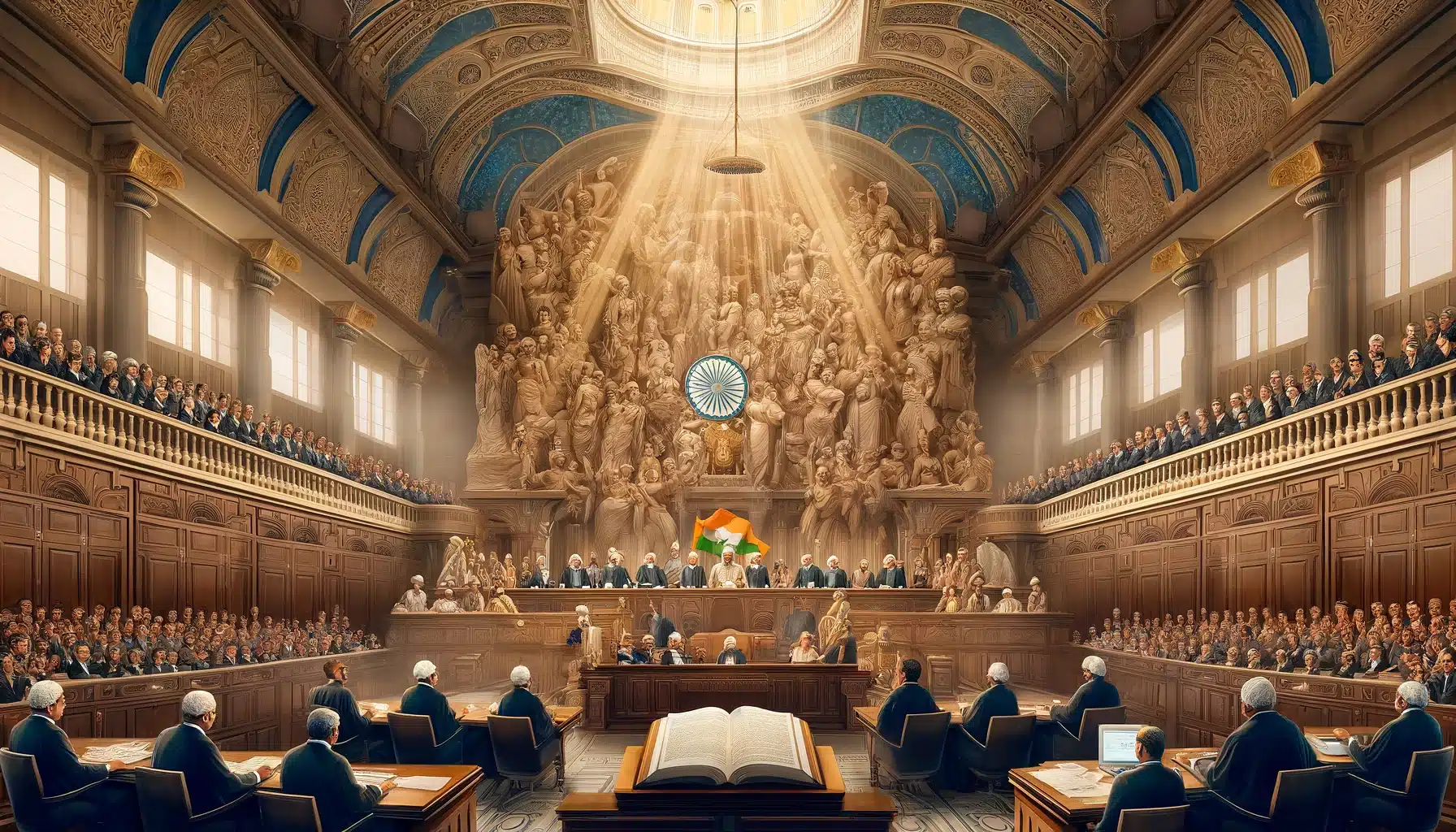
lex-o-pedia
Study Notes: Doctrine of Pith and Substance
The doctrine of pith and substance serves as a cornerstone in a federal structure like India, ensuring a delicate balance between the Central and State legislative bodies. The application of this doctrine comes into question when the competence (authority) of the legislature regarding certain legisl

lex-o-pedia
Study Notes: Prospectus
The next stage after a company is incorporated is to raise the capital required to operate the firm. The purpose of a prospectus, in addition to inviting investors, is to enlighten them about the company’s operations, finances, capital structure, possibilities for growth, management, etc.
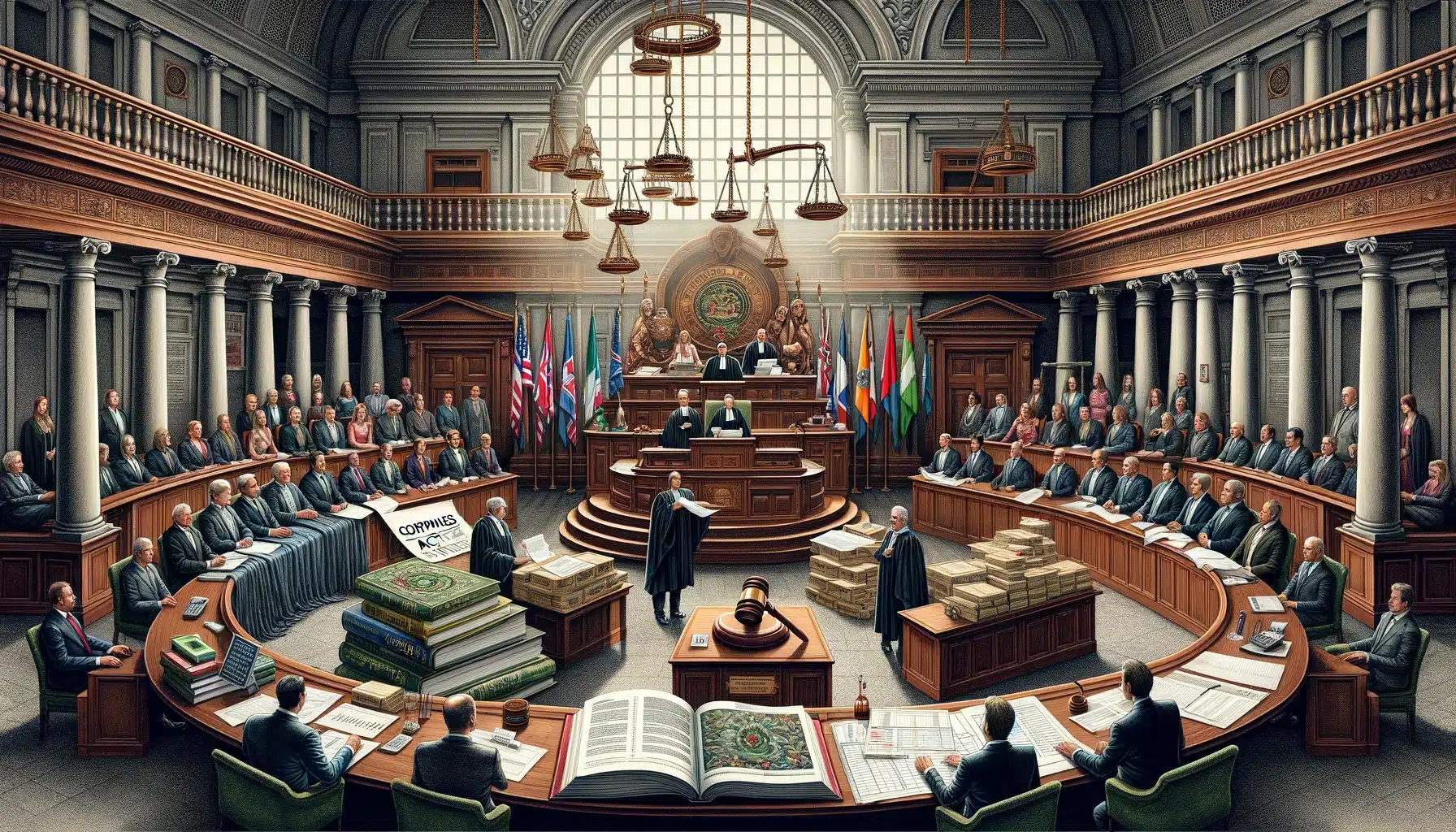
lex-o-pedia
Study Notes: Winding Up of Companies
Winding up a company under the Companies Act, 2013, is the process through which a company’s legal existence is brought to an end. This involves selling off the company’s assets to pay its liabilities and distributing any remaining assets to shareholders.

lex-o-pedia
Study Notes: Doctrine of Constructive Notice
Explore the nuanced realm of the doctrine of constructive notice, where legal diligence and the presumption of knowledge converge. This principle compels individuals to investigate public records, ensuring they cannot claim ignorance of laws that shape property and corporate transactions. Dive into
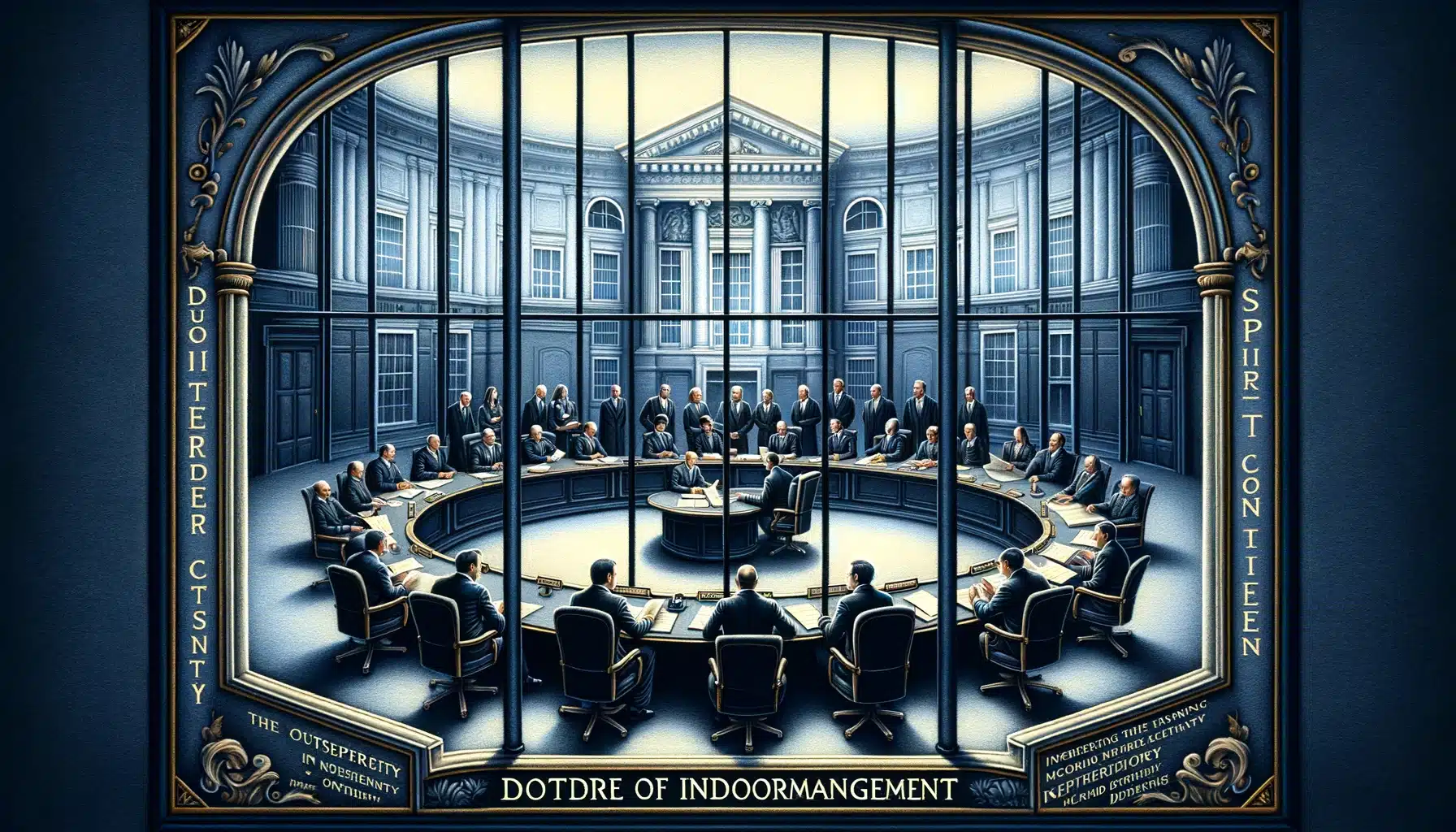
lex-o-pedia
Study Notes: The Doctrine of Indoor Management
The Doctrine of Indoor Management deals with the right of third party to protect them from the irregularities of the company.

lex-o-pedia
Study Notes: Bill of Exchange, Promissory Note and Cheque
Bill of Exchange Bill of exchange is defined under Section
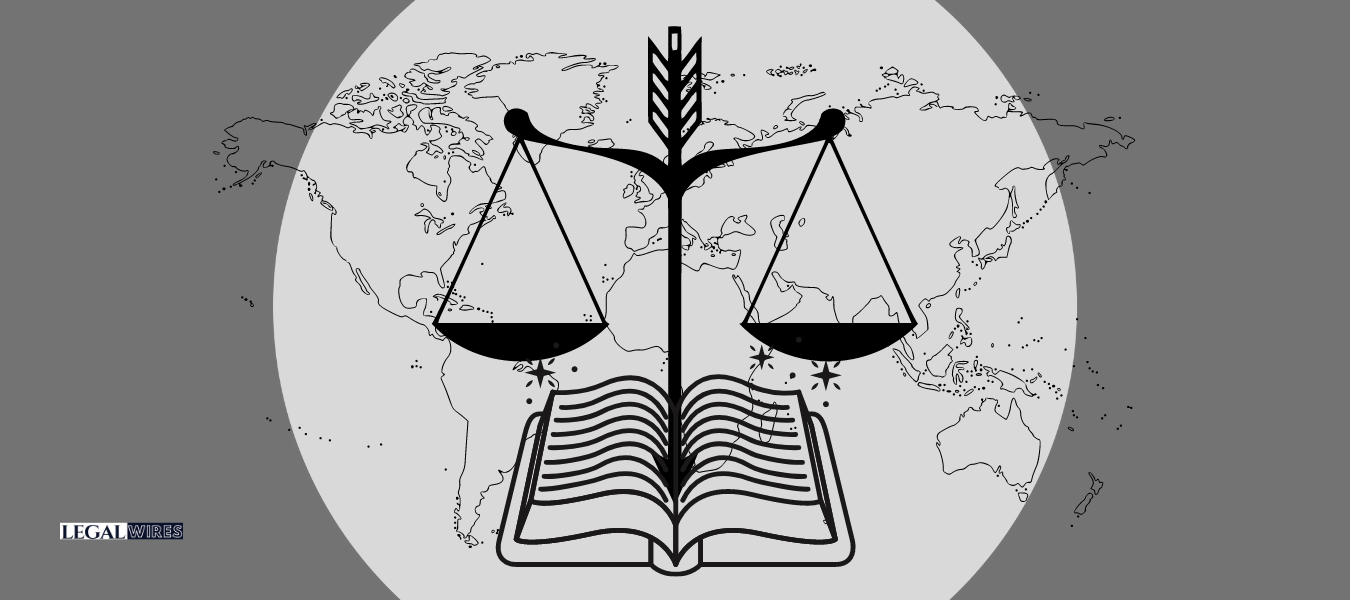
lex-o-pedia
What is an Affidavit?
An Affidavit (शपथ-पत्र) is a sworn statement or a declaration

lex-o-pedia
MLAT: Mutual Legal Assistance Treaty
Mutual Legal Assistance (MLA) is a vital mechanism that enables countries to collaborate in criminal matters. By establishing mutual legal assistance treaties and employing letters rogatory, countries can exchange information, serve legal documents, and seek assistance in investigations and prosecut

lex-o-pedia
Study Notes: Arbitration and Conciliation Act, 1996: Object, Development and Salient Features
Arbitration is a dispute resolution mechanism outside the court, and has its roots in Roman Law. The Arbitration and Conciliation Act, 1996 in India, based on the UNCITRAL Model Law, provides a comprehensive framework for both domestic and international arbitration. It emphasizes party autonomy, lim

lex-o-pedia
Study Notes: Guardianship under Hindu Law
The Hindu Minority and Guardianship Act of 1956 defines guardianship relationships and safeguards the welfare of minors. It outlines the types of guardians, emphasizes the welfare of the child, and restricts natural guardianship based on religious affiliation. Judicial decisions have clarified the A

lex-o-pedia
Study Notes: Doctrine of Notional Extension
“The Doctrine of Notional Extension, a cornerstone of social security, broadens the concept of employment beyond its physical boundaries. It mandates compensation for workers in case of an accident during their employment, regardless of the location. This doctrine, which has shaped laws regarding em
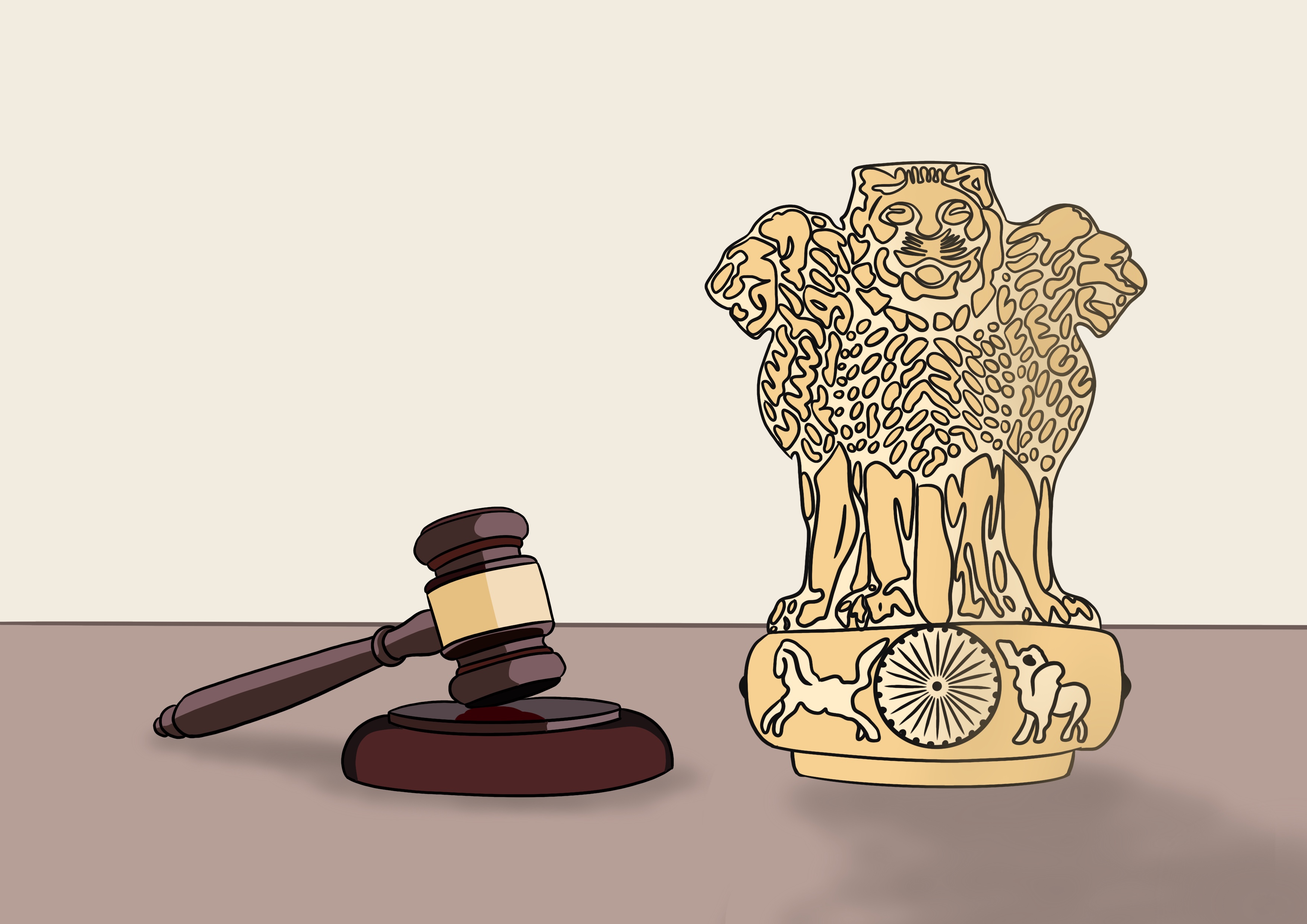
lex-o-pedia
Study Notes: Doctrine of Eclipse
Meaning of Doctrine of Eclipse The Doctrine of Eclipse is

lex-o-pedia
Study Notes: Doctrine of Colourable Legislation
“You cannot do indirectly what you are prohibited from doing
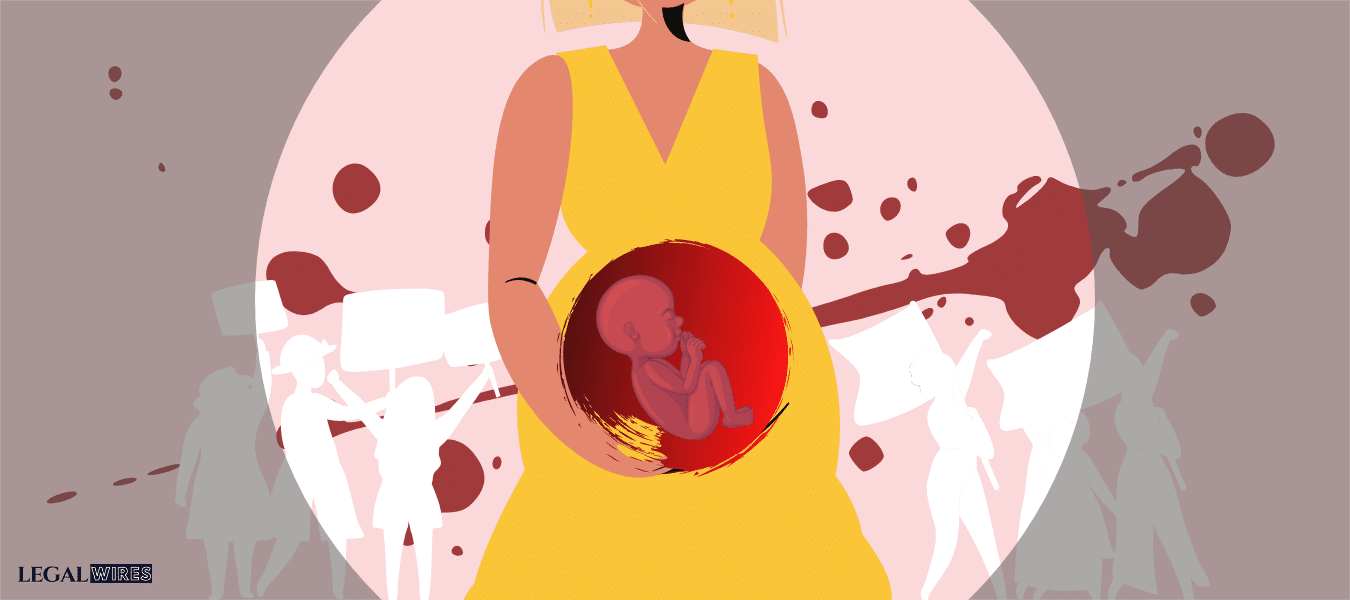
lex-o-pedia
Overview: The Medical Termination of Pregnancy (Amendment) Act, 2021
Introduction Abortion Laws in India witnessed a phenomenal change with
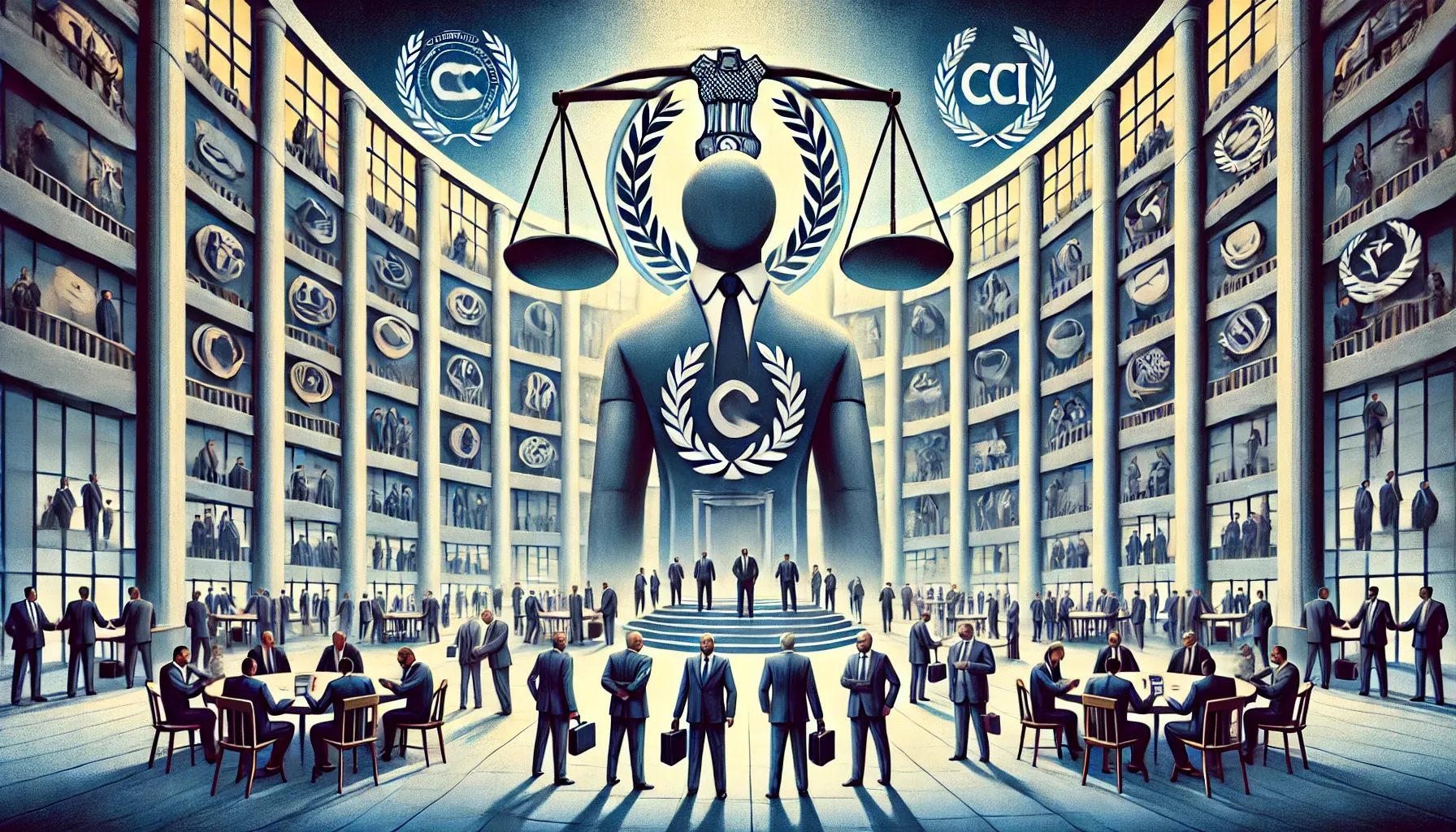
lex-o-pedia
STUDY NOTES: Abuse of Dominant Position under the COMPETITION ACT, 2002
The Competition Act, 2002 defines abuse of dominant position as when a powerful company exploits its market strength to hinder fair competition.

